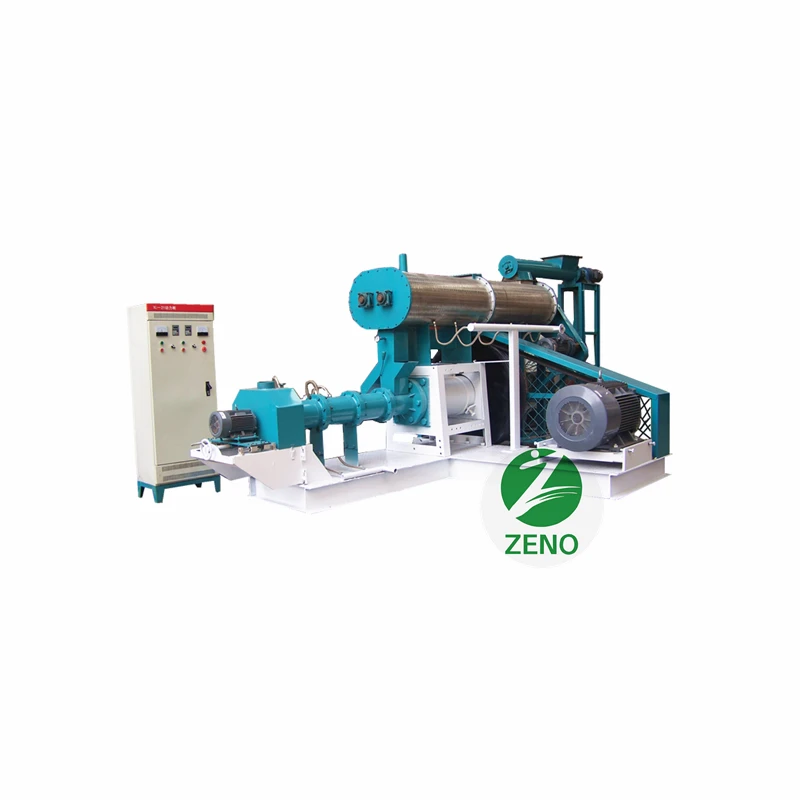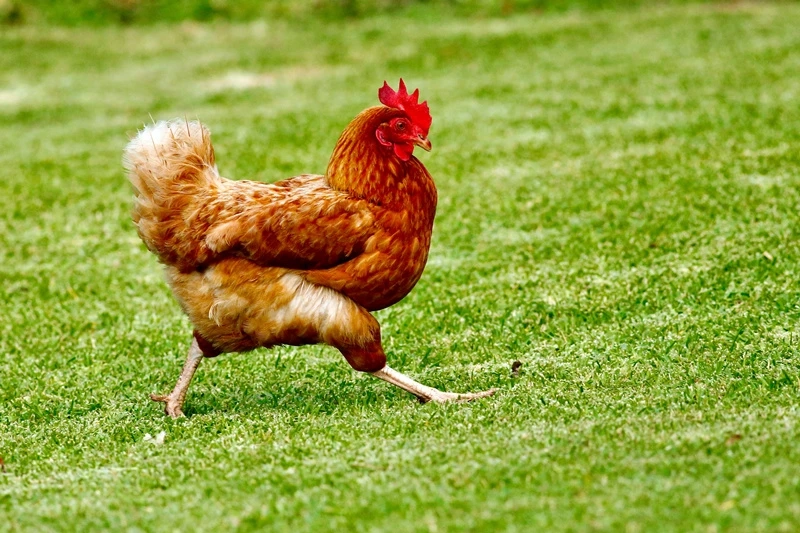Poultry feed production comprises of a mixture of groundnut cake, maize, soybean cake, rice bran, fish meal, molasses... etc. The poultry feed industry is experiencing rapid growth, hence causing an increase in the demand each year. Every customer always seeks for the best quality feed in the market to increase the productivity of poultry. Thus, it is important for chicken feed making machine manufacturers to produce high quality feeds.
Detailed Pellet Production of Poultry Feed Manufacturing Process
Step 1: Collection of the raw materials required for feed production and they arrive in sacks or bags to the feed plant. The ingredients are identified, sorted out and their condition assessed. The ingredients in the sacks are stored in a dry place free from rodents and insects infestation.
Step 2: The items are sorted and a quality inspection is conducted to ensure they meet the required nutrients.
Step 3: Batch - weighing per formulation such as layers mash, broiler finishers, chick mash, broiler starter, and growers mash.
In domestic poultry feed manufacturing process, the commonly used technology is first crush and then mixed.
Step 4: Pulverizing - the coarse raw materials are processed through cleaning equipment to remove any impurities inside and then passed through a feed crusher machine that crushes the ingredients to the desired particle size.
Step 5: Premixing entails mixing of the micro-nutrients such as vitamins and trace metals in a batch mixer for a specific time as specified by the manufacturer to ensure homogeneity.
Step 6: Mixing - which involves blending together all the components of the diet. Specified amounts of the ingredient and premix ingredient are delivered into the mixer. A tracer periodically checks the mix to ensure homogeneity.
Step 7: Pelleting - Begins by conditioning of the feed mash by steam in the pellet mill section (steam conditioner), then to the die for extrusion.
Step 8: Cooling - The extruded pellets contain moisture and quite hot hence need to be passed through the counterflow cooler.
Step 9: Packaging - The final feed pellets product is weighed, sacked, tapped, coded and sewed ready for storage and distribution.
Step 10: Storage - The feed is stored in warehouses or facilities where temperature is favorable to ensure the product does not rot or decrease its quality.
poultry feed pellets
Feed pellet production should go through above a few steps, however, the manufacturing process is slightly changed according to the characteristics of raw materials and requirements of finished products.
0


